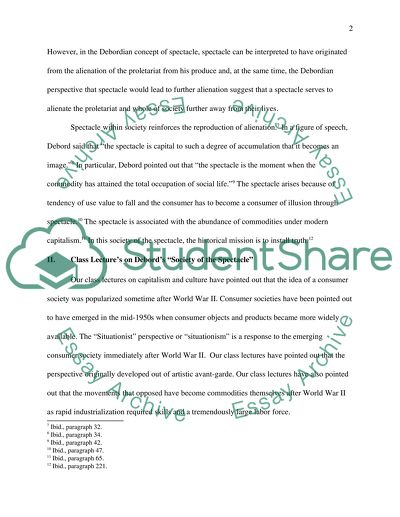Cite this document
(“Capitalism and Culture Essay Example | Topics and Well Written Essays - 3500 words”, n.d.)
Retrieved from https://studentshare.org/environmental-studies/1414609-capitalism-and-culture
Retrieved from https://studentshare.org/environmental-studies/1414609-capitalism-and-culture
(Capitalism and Culture Essay Example | Topics and Well Written Essays - 3500 Words)
https://studentshare.org/environmental-studies/1414609-capitalism-and-culture.
https://studentshare.org/environmental-studies/1414609-capitalism-and-culture.
“Capitalism and Culture Essay Example | Topics and Well Written Essays - 3500 Words”, n.d. https://studentshare.org/environmental-studies/1414609-capitalism-and-culture.


